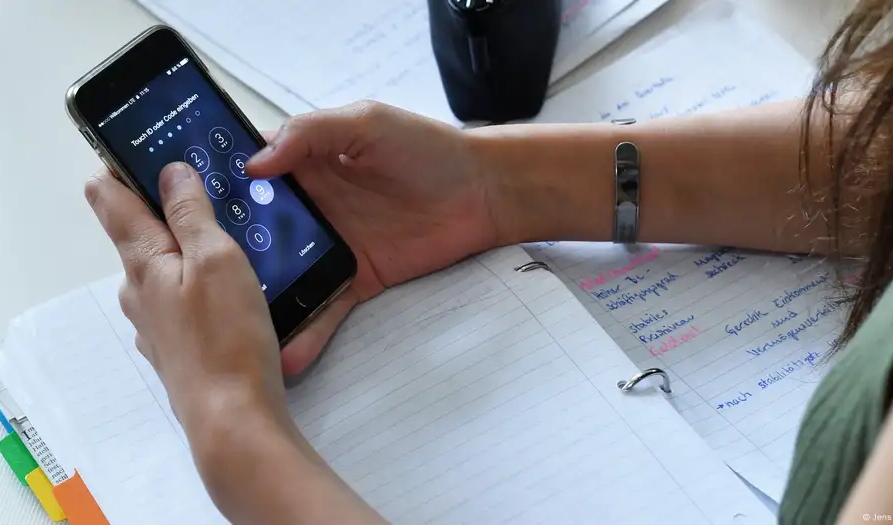Gambiaj.com – (BANJUL, The Gambia) – As students returned to primary schools across the Netherlands on Monday, they were met with a new policy—smart devices, including smartphones and watches, are now banned in classrooms nationwide. This development marks the extension of a ban that had already been in place in secondary schools since January, effectively creating a blanket prohibition throughout the country.
The Dutch government justified the move by citing growing evidence of the negative impact that cell phones have on students’ concentration and academic performance. “There is increasing evidence that cell phones in class are harmful. Students can concentrate less and their performance suffers. We need to protect students from that,” the government said in a statement.
This decision follows a broader European trend, where several countries are grappling with the challenges posed by mobile phones in schools. In Greece, for example, new regulations have been introduced that will take effect on September 11. Under these rules, students must keep their mobile phones in their bags during lessons. Violations can lead to serious consequences, including exclusion from school for one day, with repeat offenses potentially resulting in several days of suspension. Additionally, students caught filming classmates or teachers without permission could face expulsion.
Italy has already implemented similar bans, and Germany is considering adopting comparable measures.
Meanwhile, in France, a trial ban is being tested in some 200 middle schools, affecting over 50,000 students. The “digital pause” initiative, which requires students to surrender their phones upon arrival at school, is seen as a potential precursor to a nationwide policy set for 2025.
France has a history of strict regulations on mobile phone use in schools. Since 2018, the use of mobile phones and other electronic devices has been banned in nurseries, elementary schools, and middle schools. High schools have the option to enforce similar prohibitions through internal regulations.
The growing consensus across Europe is supported by a recent study by the Organization for Economic Cooperation and Development (OECD), which recommended limiting the use of phones in schools to enhance students’ focus and learning outcomes.
As these regulations gain traction, the debate over the role of technology in education continues, with policymakers and educators weighing the benefits of digital tools against their potential distractions.










